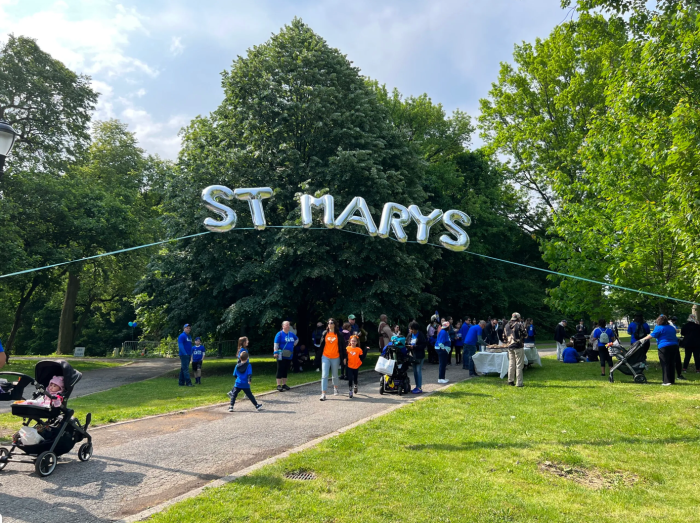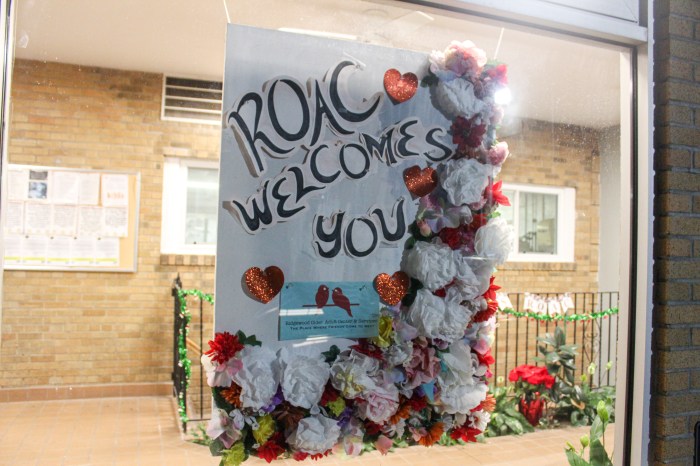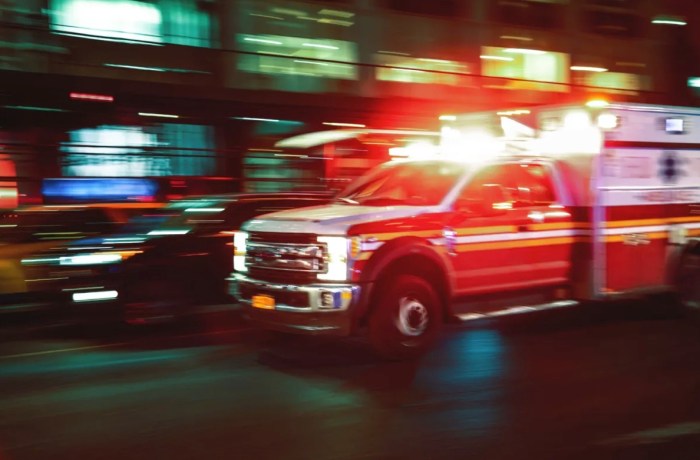COURTESY THE AMERICAN HEART ASSOCIATION
Thousands of people around the country die or are left disabled after a heart attack, cardiac arrest, or stroke because they do not get lifesaving treatment in time. The American Heart Association (AHA) works with local emergency medical professionals to ensure the newest and most effective treatments are being used when it comes to cardiac emergencies.
“Emergency medical professionals including 9-1-1- operators, paramedics and emergency department personal work hard to shave minutes off the time it takes to provide proper medical care to heart attack or stroke victims in order to save lives and reduce permanent disability,” said Paul E. Harnick, MD, FACC, Cardiologist, Cardiovascular Medical Associates, PC and Vice President of the American Heart Association’s Long Island Board of Directors., “Calling 9-1-1 when you or someone else is experiencing heart attack or stroke symptoms is the first step to activate the system. In other words, you are the first, most important link in the chain of survival.”
Here are the American Heart Association’s ten reasons why you should call 9-1-1 first and fast if you or someone nearby is experiencing heart attack symptoms.
1. A heart attack is a life or death emergency.
2. Every second wasted can damage heart muscle permanently.
3. Timely treatment can mean the difference between returning to work and a productive life, or being permanently disabled.
4. The sooner you get to the emergency the sooner treatment can begin, lowering the chances of permanent heart muscle damage.
5. Failing to get emergency care within an hour can result in permanent heart damage.
6. 9-1-1 operators can provide instructions that can help save your life.
7. EMS providers can monitor your vital signs and transmit them to the hospital so they are ready for your specific case when you arrive.
8. EMS will begin case-specific treatment immediately, increasing your chances of survival.
9. EMS will take you quickly and directly to the nearest hospital that can provide specialized care.
10. If you drive, you could injure yourself or others if your symptoms worsen while driving.
“About 40 percent of the 1.1 million heart attacks that occur annually in the U.S. are fatal – don’t be one of them. Don’t be embarrassed,” said Harnick. “First responders, EMS staff, and emergency room medical professionals are prepared and ready and willing to help. They can’t help if they don’t get the call.”
The AHA recommends that everyone learn the symptoms of a heart attack and stroke. And if you or someone near you is experiencing the symptoms, don’t delay, call right away. Call 9-1-1 first and fast. Learn more at www.heart.org/warningsigns.































